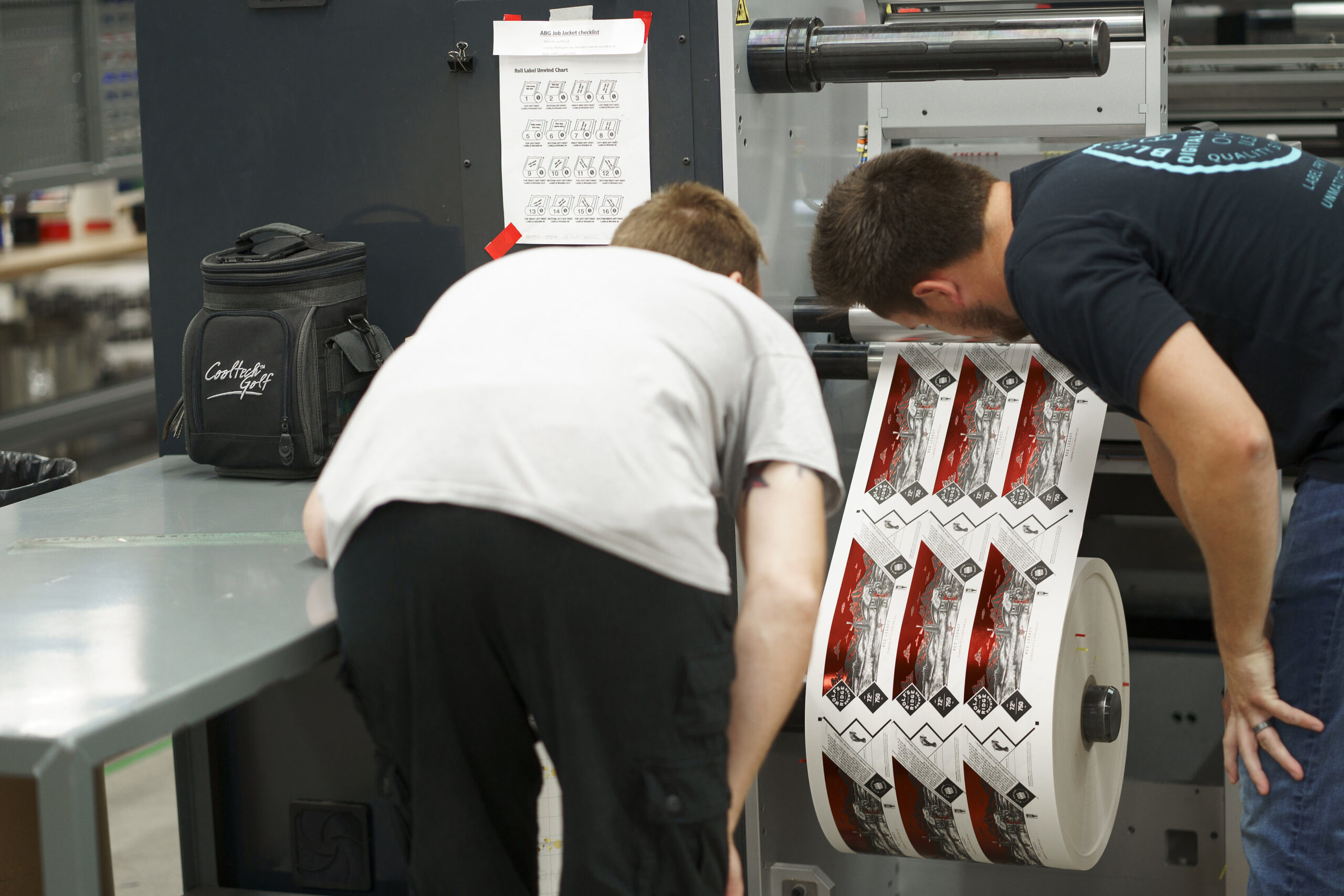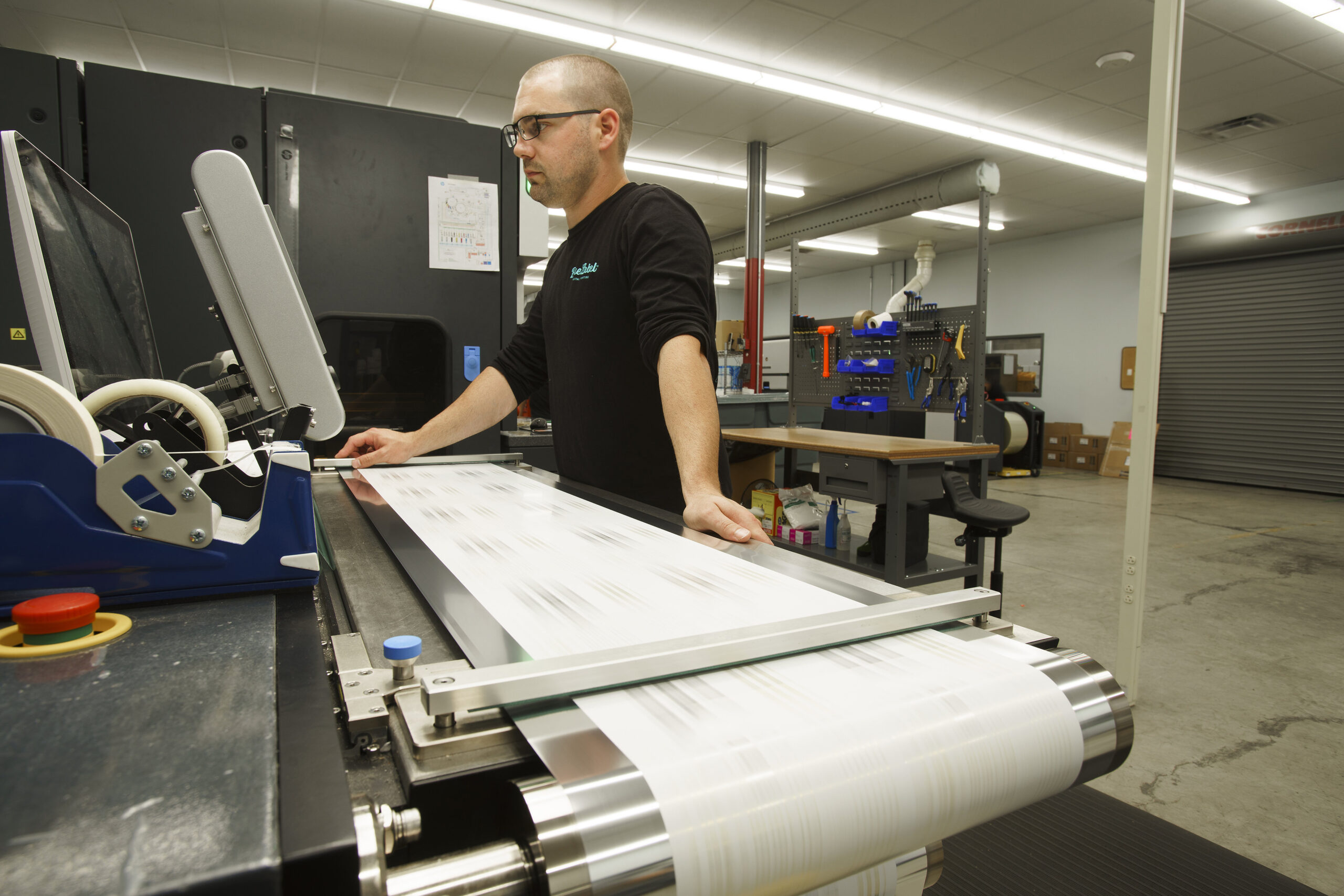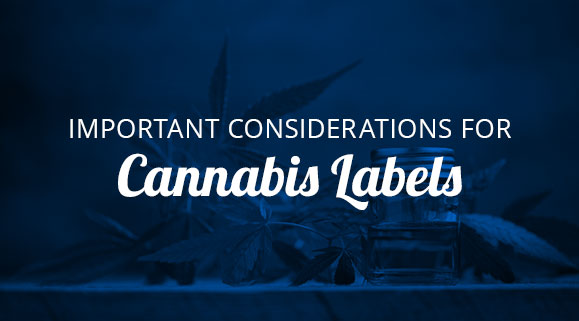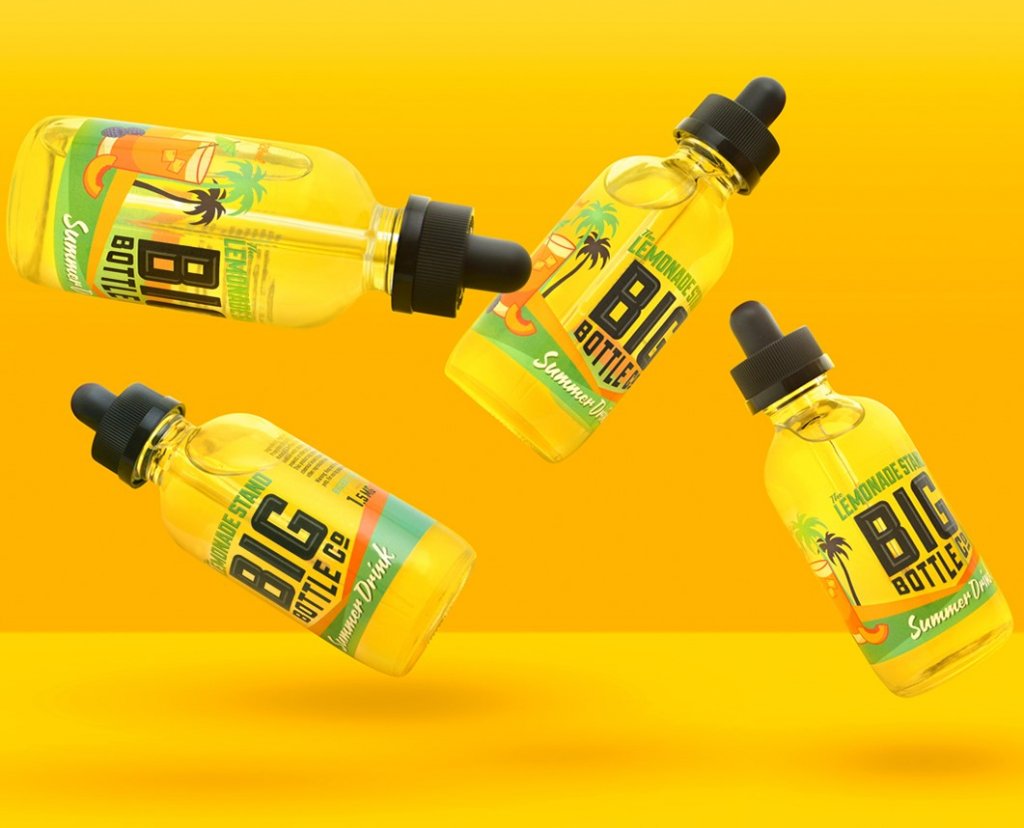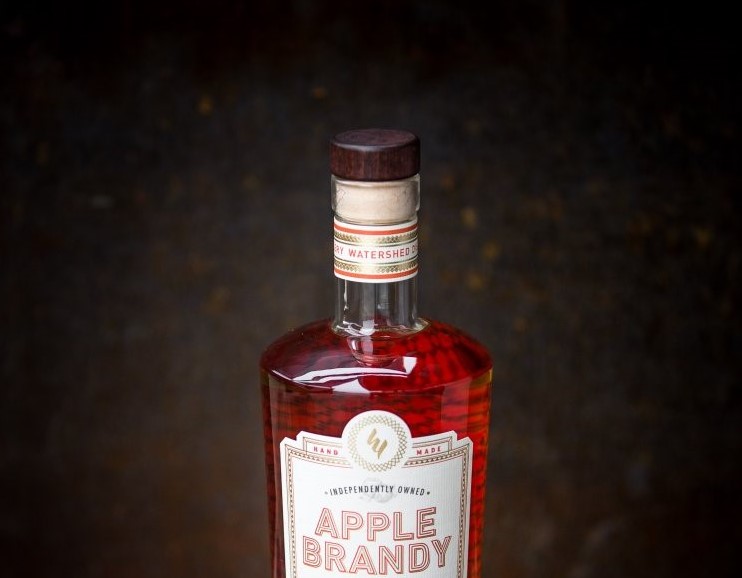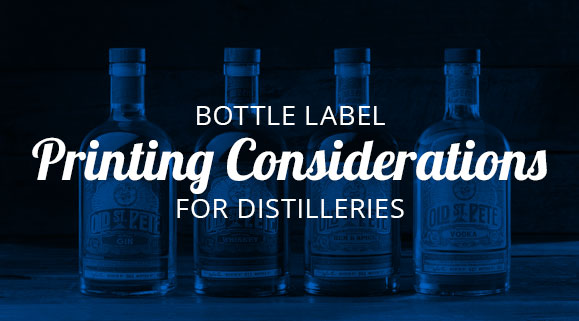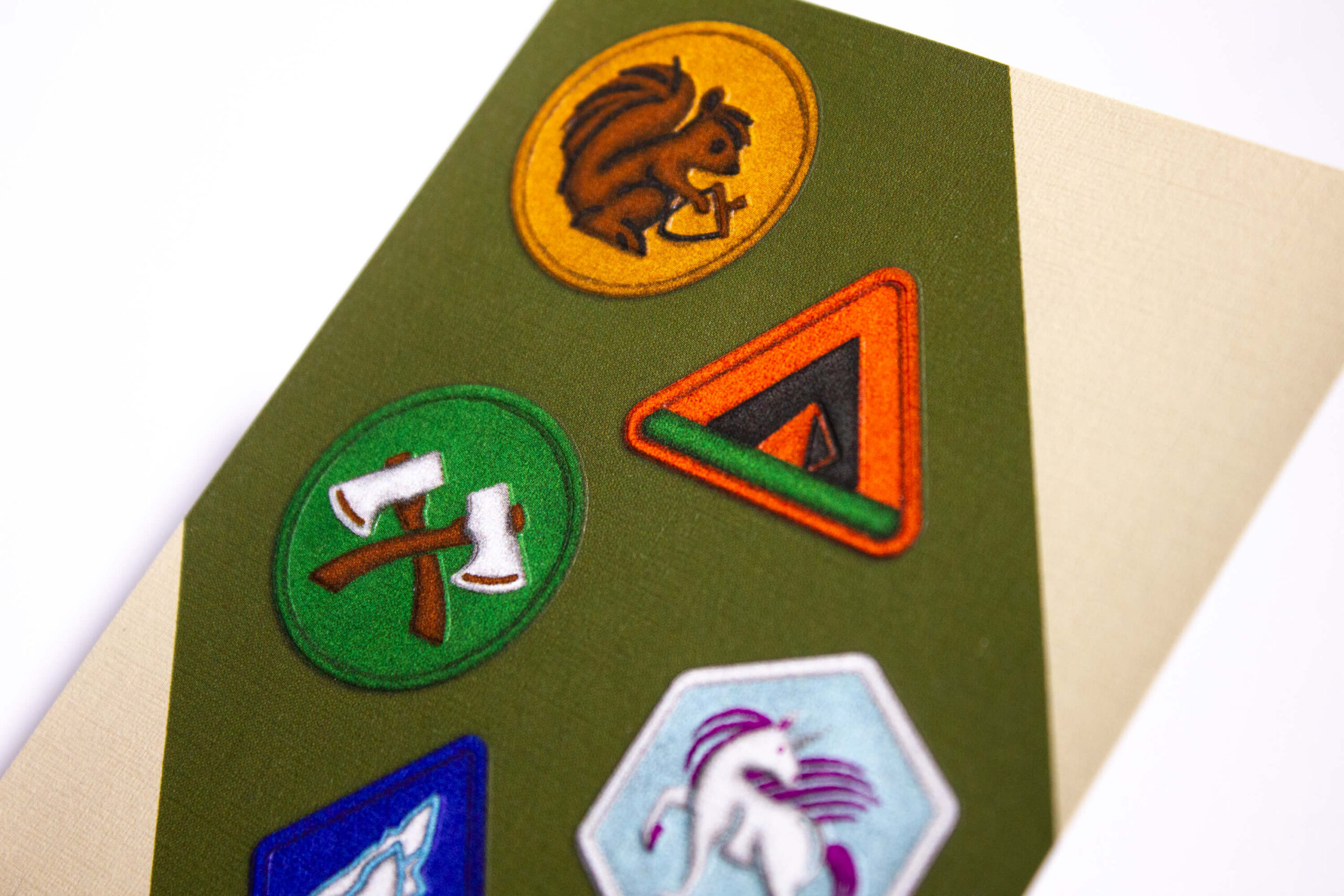Crowler Packaging: Guidelines and Rules to Know
- alcohol labels
- beer packaging
- can labels
- compliance
- crowlers
- FDA
- TTB
Like their glassy growler cousins, crowler packaging can run into some legal issues if you’re not careful. Consider the following legal guidelines for your custom crowler labels.
Follow Standard Labeling Regulations
While crowlers can contain several different types of beverages, one of the most common is beer. If you’re going to fill crowlers with beer, you need to follow quite a few beer labeling regulations. The Alcohol and Tabacco Tax and Trade Bureau (TTB) requires that any malt beverage include the following details on their labels:
- Brand name
- Class designation – The type of beer within the container, such as an ale, stout, or porter
- Name and address – Listing of the name and address of the producer and/or bottler
- Net contents – Amount of liquid in container, listed in American measurements
- Alcohol content – Must be listed to the nearest 0.1 percent
- Disclosures for specific ingredients – Only necessary if a beer contains any of the following ingredients
- FD&C Yellow No. 5
- Saccharin
- Sulfite (10 or more parts per million sulfur dioxide)
- Aspartame
- Health warning statement – An official government warning that reads:
- GOVERNMENT WARNING: (1) According to the Surgeon General, women should not drink alcoholic beverages during pregnancy because of the risk of birth defects. (2) Consumption of alcoholic beverages impairs your ability to drive a car or operate machinery, and may cause health problems.
- Country of origin
Of course, alcohol isn’t the only drink that has label regulations. Whether you’re selling crowlers full of cold-press coffee or some other tasty beverage, there’s another lengthy list of label requirements you need to include. According to the Food and Drug Administration, these include:
- Principal display panel
- Statement of identity/common name of the food
- Product brand
- Net quantity statement/amount of product
- Information panel
- Name and address of the manufacturer
- Name of the packer or distributor (if different from the manufacturer)
- Ingredient list
- Nutrition facts
- Any required allergy labeling
As you may have noticed, a few of these regulations can make it tricky to label your products in a cost-effective manner. For beer, you won’t necessarily know what will go in a crowler can until a customer asks for it. In this scenario, you can design labels that have a space where you can easily fill in information after your fill a crowler, such as the type of beer, alcohol content, and the date it was sealed.
Consult Your State’s Liquor Control Board
The TTB and the FDA aren’t the only acronyms that have a say in what you need to do with your crowler packaging. According to the TTB, “each state has the authority to regulate the production, sale, and distribution of alcohol within its borders.” This can lead to situations where the TTB may not have any specific guidelines for crowlers, but your state’s alcohol control agency will.
The best solution for this situation is to try and make both sides happy. The TTB doesn’t make any stipulations about labelling but your state agency does or vice versa, follow the rule. This means that you’ll want to check with your state’s alcohol agency to double check their requirements. Not sure where to look? The TTB has an online directory where you can find your state’s alcohol beverage authority.
Look into Repackaging Laws
One of the more prominent legal concerns over crowlers doesn’t involve the label, but instead the method of containment itself. Some state alcohol authorities have passed laws against the repackaging of tap beer. While growlers can skirt around these laws because they can be filled and closed without creating a permanent seal, crowlers require a perfect closure to work. This in turn is considered as “repackaged beer.”
Fortunately for crowler fans, some of these laws have been overturned. The most notable case of this is when Cuvee Coffee in Austin, Texas challenged the Texas Alcoholic Beverage Commission’s ban on crowlers. Months after the seizure of Cuvee’s crowler canning machine and following nearly two years of legal battles, Texas’ repackaging law was overturned. However, this doesn’t necessarily mean that your state is pro-crowler. It’s important to check your state’s regulations to make sure that repackaging laws won’t affect your business.
Invest in Labels That Appeal to Your Customers and the Law
Your beer, coffee, or other beverage shouldn’t be wasted on a boring or non-compliant label. At Blue Label, we work with you to print custom crowler labels that will have your customers appreciating your branding while they drink.
As always, be sure to consult your legal counsel to understand all the packaging regulation that applies to you. Every state and business is different, so we always recommend running things by a legal professional before your package hits the shelf.
If you need a designer for your crowler packaging, check out our approved label designer directory to find a professional that’s right for your business. Once you’re ready for some labels, contact us today to talk to one of our experts about how we can deliver high-quality crowler labels that fit your budget.
